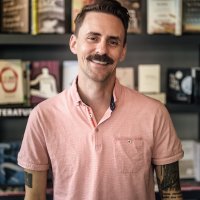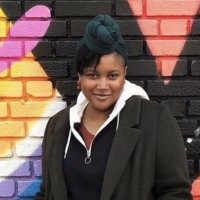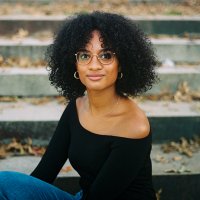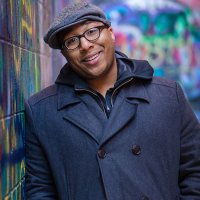Jeff Alessandrelli of Fonograf Editions

There’s an old episode of Marc Maron’s podcast, WTF, wherein Maron is interviewing actor Bob Odenkirk and, at a certain point, they start talking about what it means to be a person versus an artist. Odenkirk says something like: “I don’t care how much fame or acclaim you get. I don’t care if you're Picasso. At the end of the day, you still have to be a person, someone who might create masterpieces but who doesn’t simply rest in that self-absorbed mastery.














